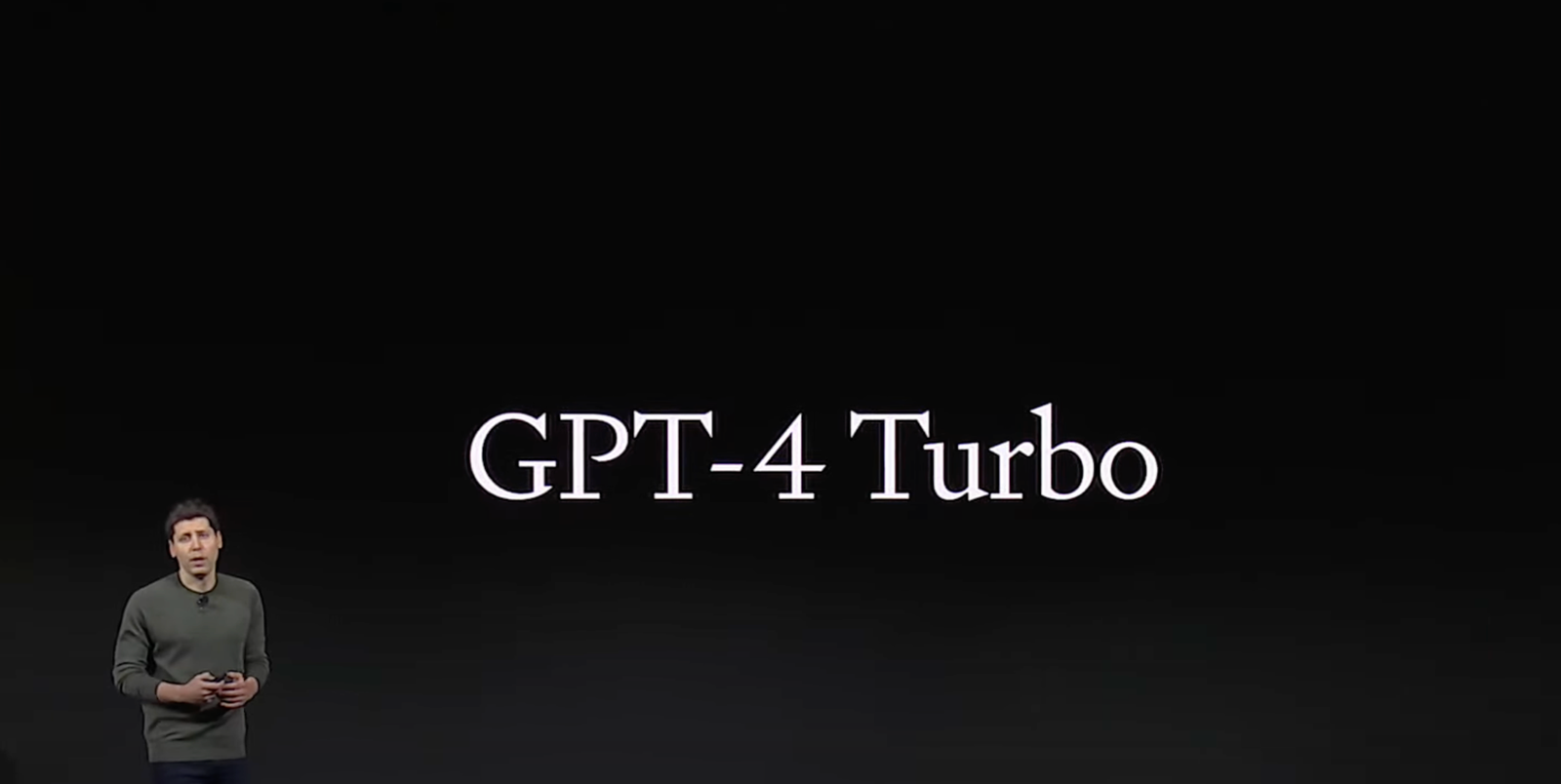In the ever-evolving landscape of technology, recent developments from industry giants OpenAI and Facebook, among others, highlight the swift pace of innovation and the accompanying legal and ethical challenges. OpenAI has introduced its most advanced model yet, GPT-4 Turbo, promising to revolutionize user interaction with AI by handling significantly longer queries and lowering costs for developers. Meanwhile, Facebook finds itself embroiled in yet another lawsuit, underscoring the persistent scrutiny tech companies face over privacy and data handling practices.
Key Highlights:
- OpenAI’s GPT-4 Turbo model can accept inputs up to 300 pages long, a substantial increase from the previous 50-page limit, offering more complex and meaningful interactions.
- The new model includes knowledge updates to April 2023 and introduces features like image prompt analysis and document uploads for direct analysis.
- Developers will find GPT-4 Turbo more economical, with OpenAI slashing costs for input and output tokens.
- OpenAI also announced the release of new embedding models, improving upon previous versions with better benchmark performance and efficiency.
- Facebook’s new lawsuit details remain under wraps, but it adds to the company’s growing list of legal challenges.
In the realm of artificial intelligence, OpenAI’s announcement of GPT-4 Turbo marks a significant milestone. This model not only extends the capability of AI in processing lengthier inputs but also enhances its understanding and interaction with images and documents, setting a new standard for versatility in AI applications. The cost reduction for developers signals OpenAI’s commitment to making powerful AI tools more accessible, potentially driving wider adoption and innovation across sectors.
Moreover, OpenAI’s introduction of new embedding models, designed to improve upon their predecessors in performance and efficiency, further demonstrates the organization’s leadership in AI research and development. These models offer more effective solutions for applications requiring text search, similarity analysis, and code search, highlighting OpenAI’s continuous efforts to refine and expand the capabilities of artificial intelligence tools.
With the ability to process inputs up to 300 pages long, GPT-4 Turbo significantly enhances the model’s capacity for understanding and generating complex text. This could revolutionize fields such as legal analysis, academic research, and long-form content creation, where the ability to process extensive information is crucial.
These features mark a significant advancement in making AI more interactive and versatile. For instance, industries relying on visual data, like healthcare for medical imaging analysis or digital marketing for content creation, stand to benefit greatly from these enhancements.
The reduction in costs for using GPT-4 Turbo could democratize access to advanced AI, enabling startups and smaller enterprises to innovate and compete more effectively with larger corporations. This could accelerate the development of AI-driven solutions across various sectors.
While OpenAI pushes the boundaries of AI, Facebook’s latest legal challenge serves as a reminder of the regulatory and ethical complexities facing tech companies today. As technology advances, so too does the scrutiny of how these companies manage user data and privacy, reflecting the broader societal concerns over the impact of digital platforms on personal and public spheres.
The juxtaposition of OpenAI’s technological advancements with Facebook’s legal woes encapsulates the dual narrative of the tech industry: rapid innovation met with critical examination of its consequences. As AI continues to evolve and integrate into various aspects of life, the tech community must navigate these challenges with a balanced approach, ensuring that progress in technology equates to progress in societal benefits.







